Officially manage cadres and civil servants according to job positions
The Law on Cadres and Civil Servants (amended) supplements and perfects regulations to transform the method of managing cadres and civil servants according to job positions, taking job positions as the center.
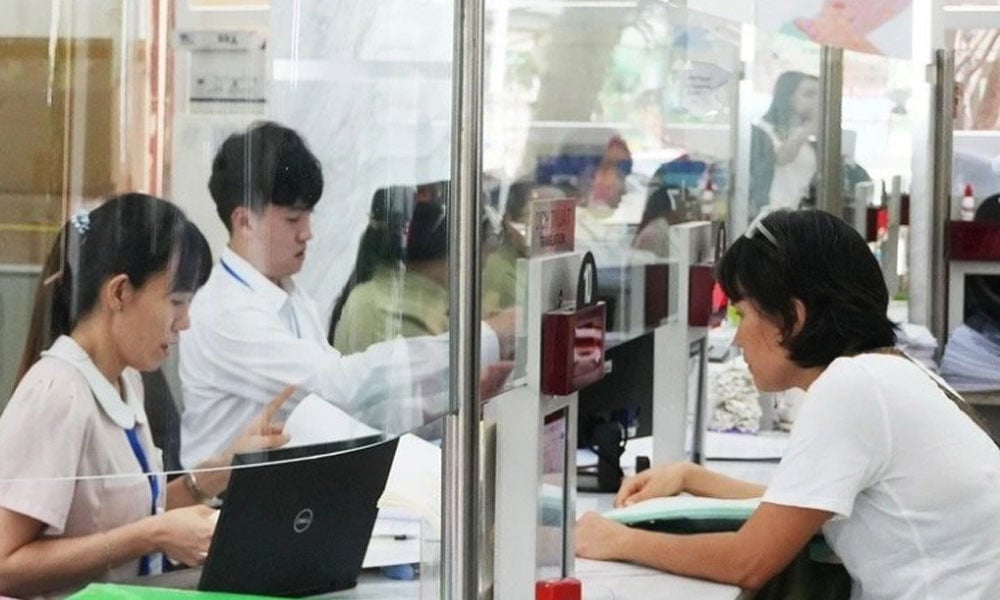 |
Many new regulations on recruitment, management and use of cadres and civil servants take effect from July 1, 2025. |
Based on the requirements of the job position and the results and products of the task performance to recruit, arrange, use, evaluate, train, plan, and appoint cadres and civil servants.
At the same time, the regulation on taking exams to promote ranks will be removed and replaced by a mechanism whereby the position assigned to the job will be classified into the corresponding civil servant rank.
Innovation in civil servant recruitment
Regarding civil servant recruitment, the Law supplements the principle of equal competition; the selected person must immediately meet the requirements of the job position, and after being selected, will be appointed and receive a salary in the corresponding civil servant rank. People with talent, those who have contributed to the country and those from ethnic minorities will be given priority.
In addition, the regulation on unified input quality inspection of civil servants at the national level will be abolished to implement the policy of promoting decentralization and delegation of power in civil servant management.
Recruitment of civil servants into job positions is carried out through examination, selection or acceptance. The acceptance form only applies to talented people from the non-public sector or experienced people who immediately meet the requirements of the job position and are civil servants, salaried people in the army, police, or key organizations but are not yet civil servants.
Things that civil servants are not allowed to do
Pursuant to Article 14 of the Law on Cadres and Civil Servants 2025, the following are the things that cadres and civil servants are not allowed to do:
Avoiding, evading, avoiding, or shirking in the performance of assigned duties and tasks; causing factionalism and disunity; voluntarily quitting or quitting a job; participating in a strike; posting, disseminating, or speaking out false information that affects the image and reputation of the country, locality, agency, organization, or unit where one works.
Committing acts of embezzlement, corruption, negativity, waste, profiteering, harassment and other acts that violate the law against people, businesses, agencies, organizations and other relevant individuals in the process of performing duties.
Illegal use of state assets and people's assets.
Taking advantage of, abusing duties, powers, using information related to public service for personal gain.
Discrimination based on ethnicity, gender, age, disability, religion, belief, or social class in any form in the performance of official duties.
Things that are not allowed to be done related to production, business, and personnel work according to the provisions of the law on anti-corruption, practicing thrift, fighting waste, protecting state secrets, and other things according to the provisions of the law and of competent authorities during the working period and after leaving work or retiring.
Source: https://baobacninhtv.vn/quy-dinh-moi-ve-tuyen-dung-quan-ly-can-bo-cong-chuc-ap-dung-tu-1-7-2025-postid421026.bbg








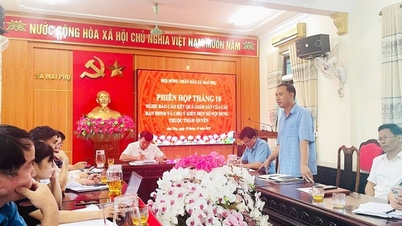

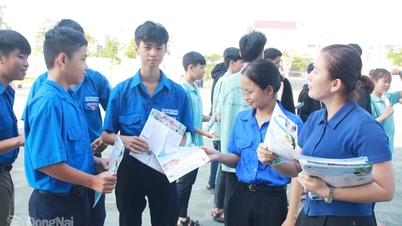

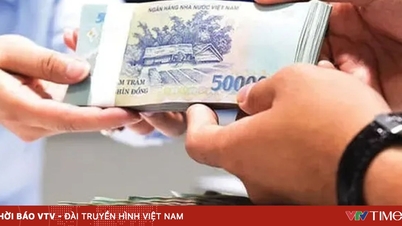

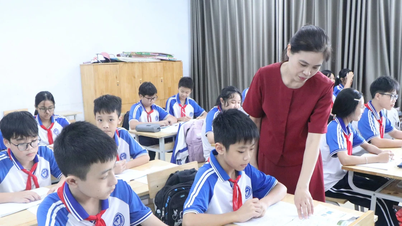

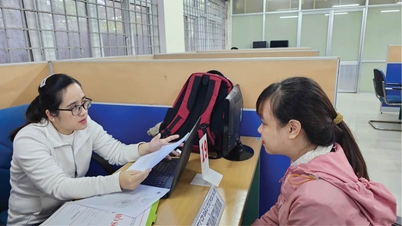

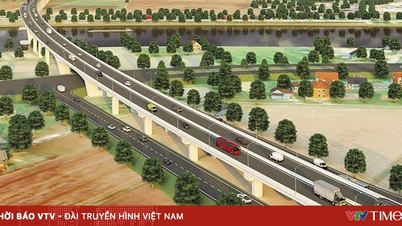
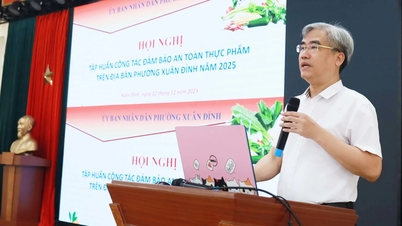

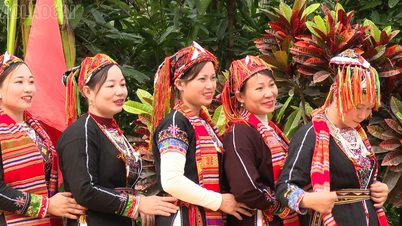

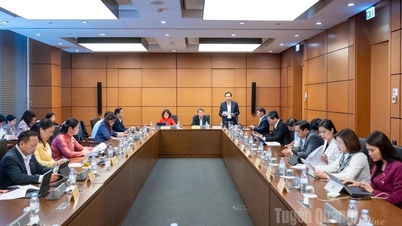

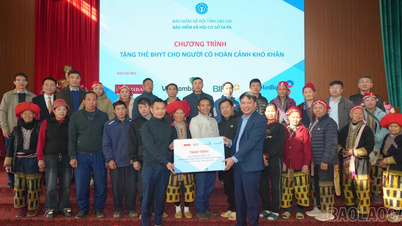


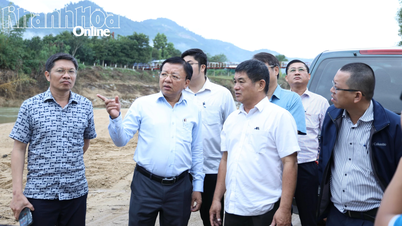






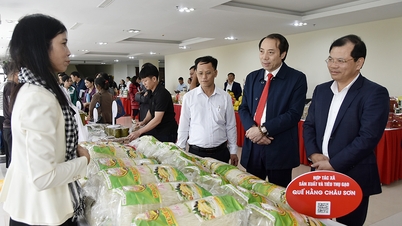
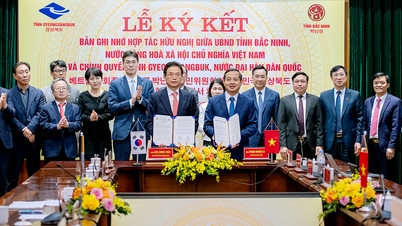
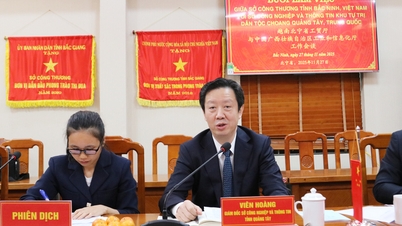
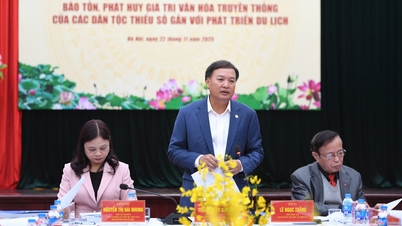
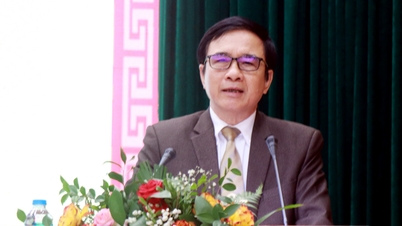
![[Photo] Worshiping the Tuyet Son statue - a nearly 400-year-old treasure at Keo Pagoda](/_next/image?url=https%3A%2F%2Fvphoto.vietnam.vn%2Fthumb%2F1200x675%2Fvietnam%2Fresource%2FIMAGE%2F2025%2F12%2F02%2F1764679323086_ndo_br_tempimageomw0hi-4884-jpg.webp&w=3840&q=75)
![[Photo] Parade to celebrate the 50th anniversary of Laos' National Day](/_next/image?url=https%3A%2F%2Fvphoto.vietnam.vn%2Fthumb%2F1200x675%2Fvietnam%2Fresource%2FIMAGE%2F2025%2F12%2F02%2F1764691918289_ndo_br_0-jpg.webp&w=3840&q=75)

























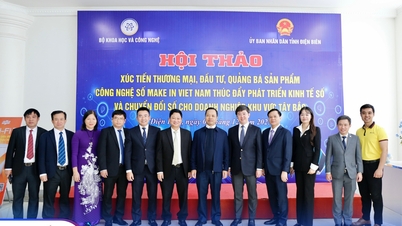







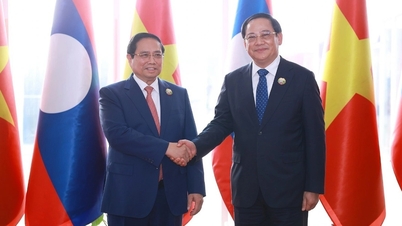















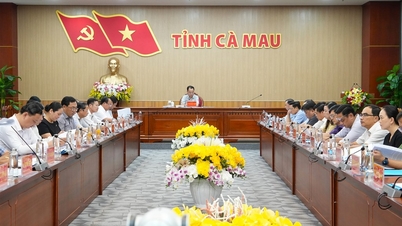

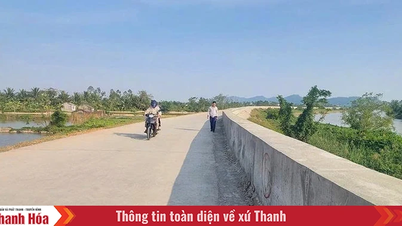













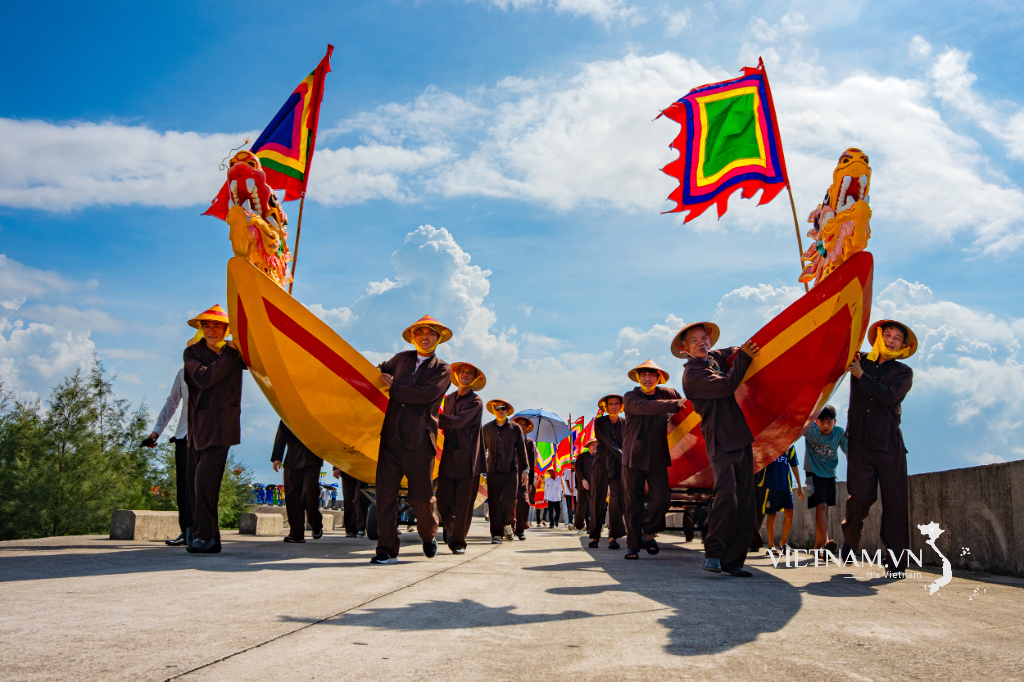

Comment (0)